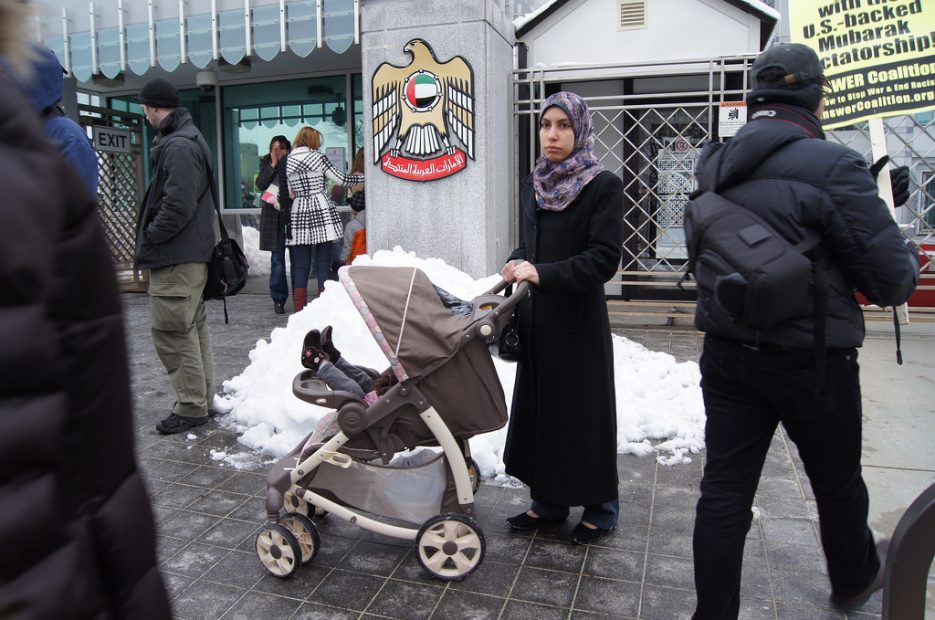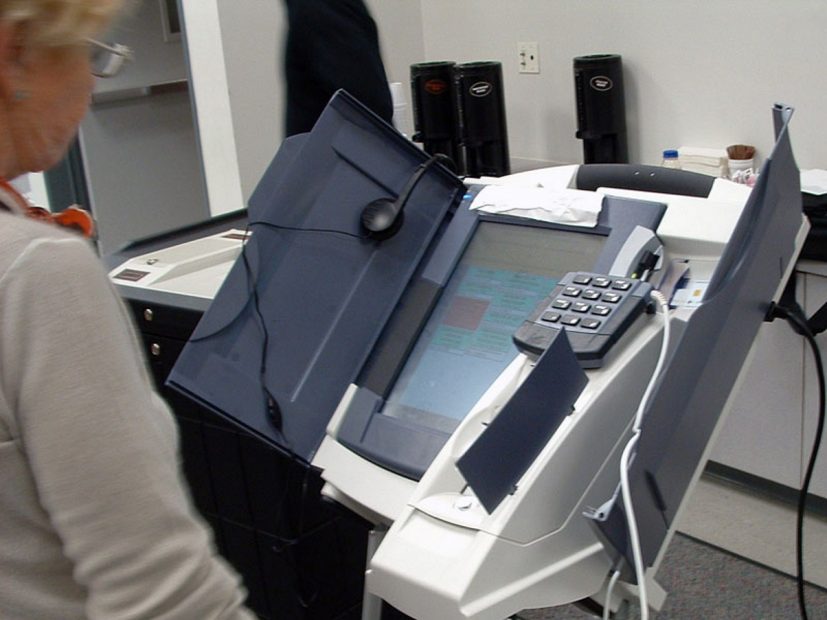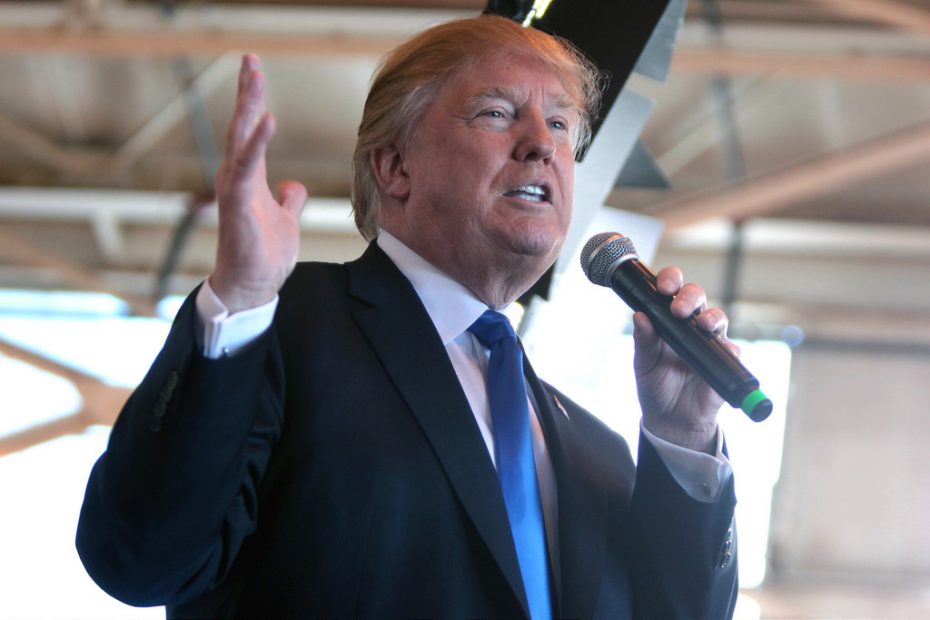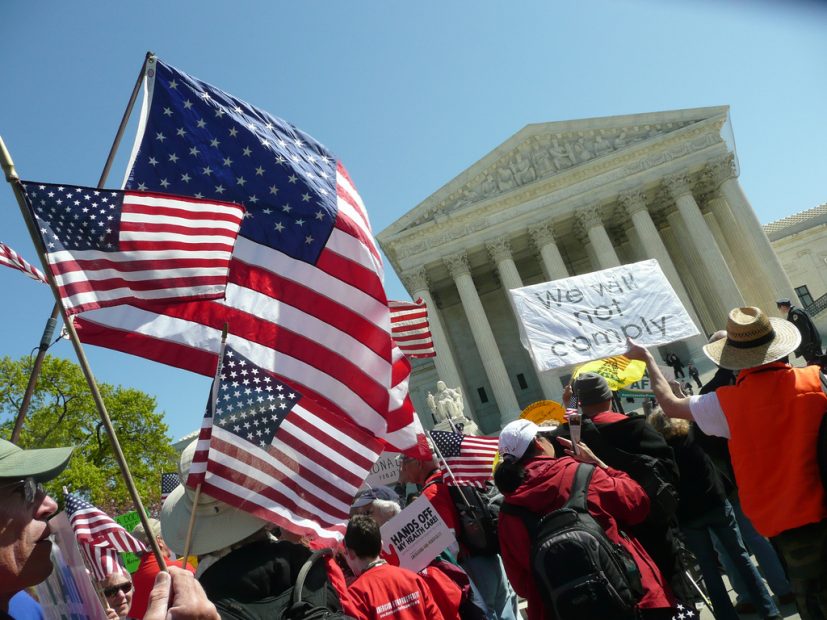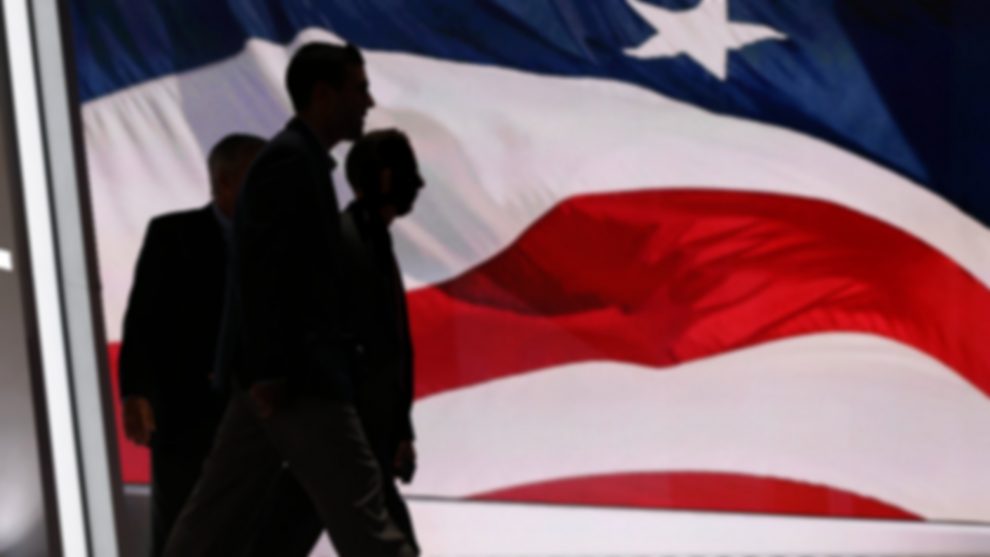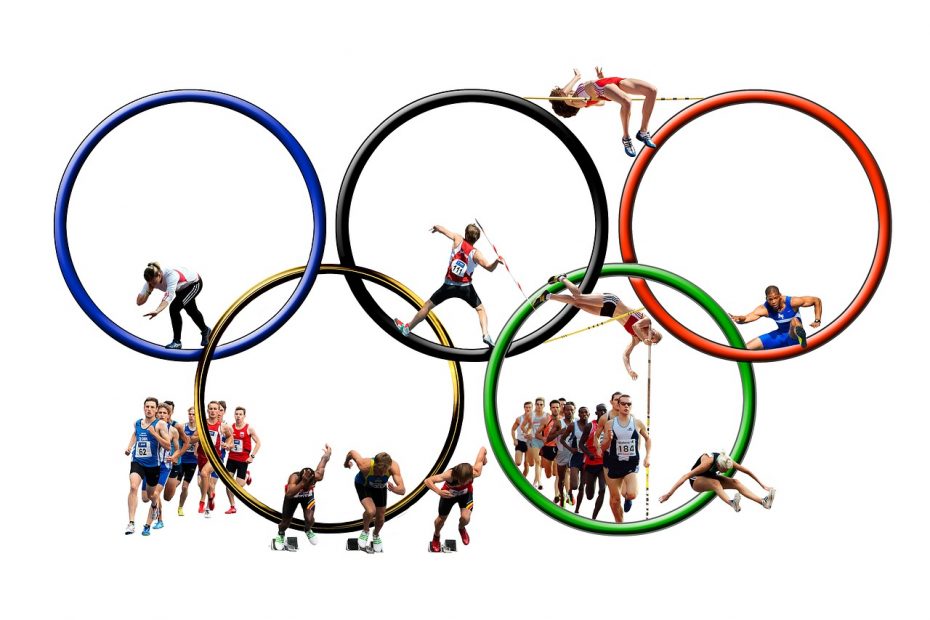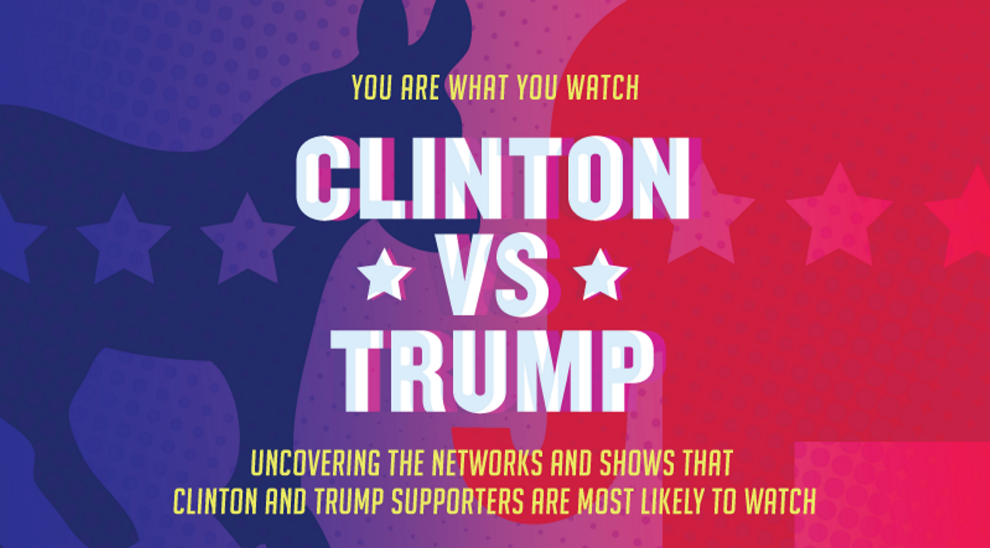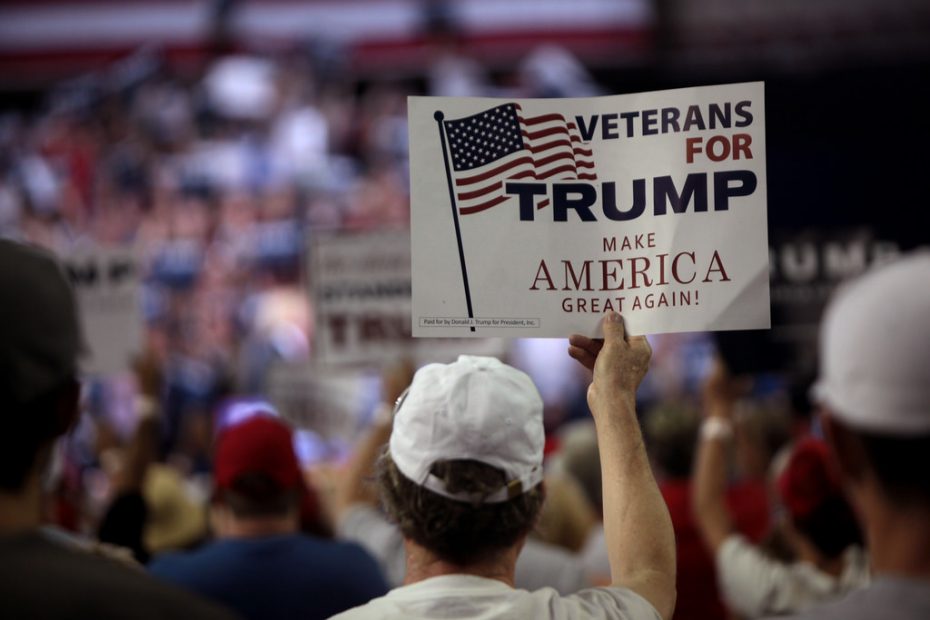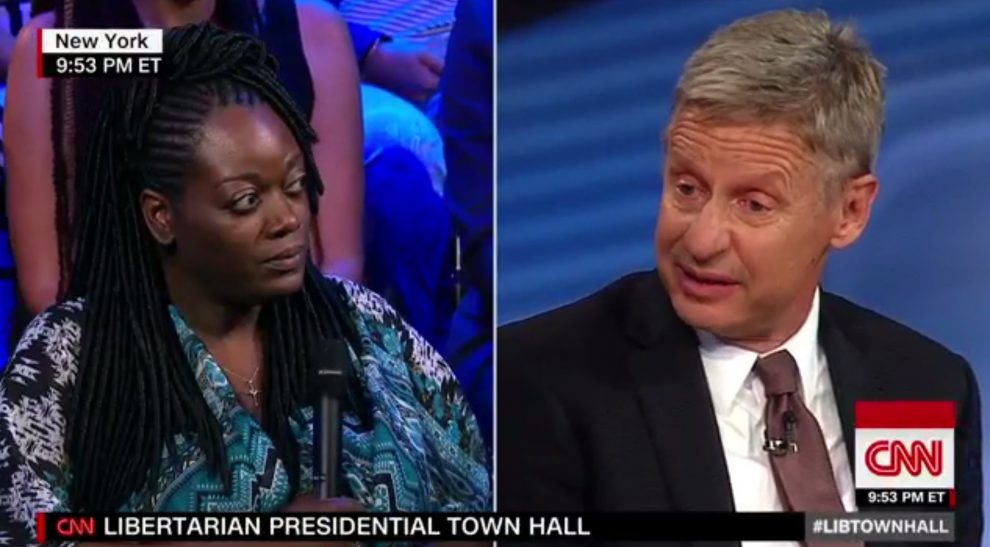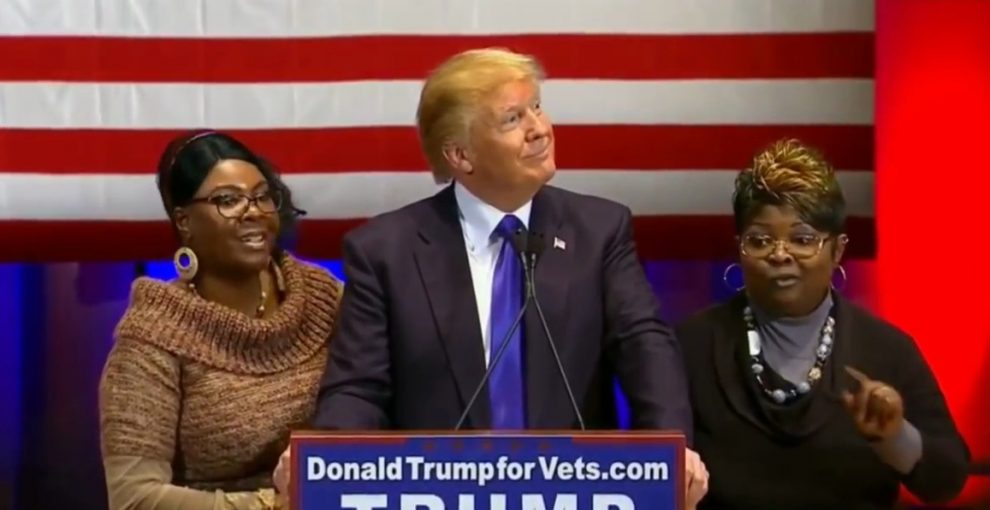
This was supposed to be the post-Barack Obama presidential election when Republicans regained a modest share of the black vote, but Donald Trump has watched support among these voters fade nationwide and in battleground states where minorities could play a decisive role. The Republican presidential nominee is missing a golden opportunity to make inroads to black communities. Worse yet for the New York real estate mogul, he is driving black voters to Democratic nominee Hillary Clinton — in one survey he attracted just 1 percent…
